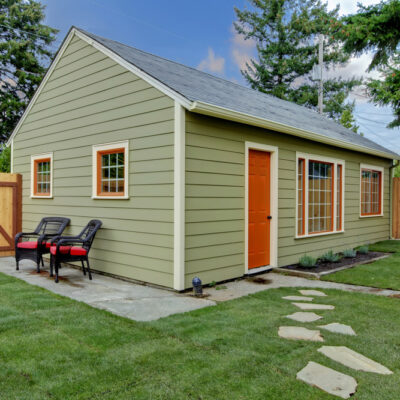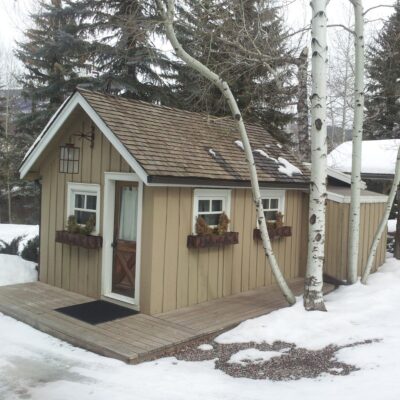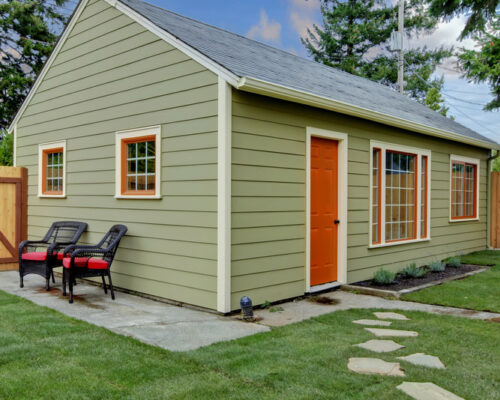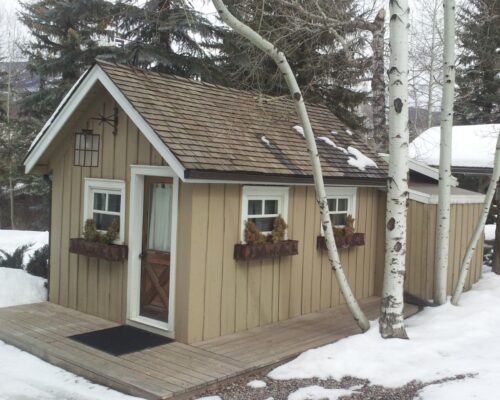BLOG
Exploring the Benefits and Regulations of ADUs: What is an ADU and How Can It Enhance Your Home?
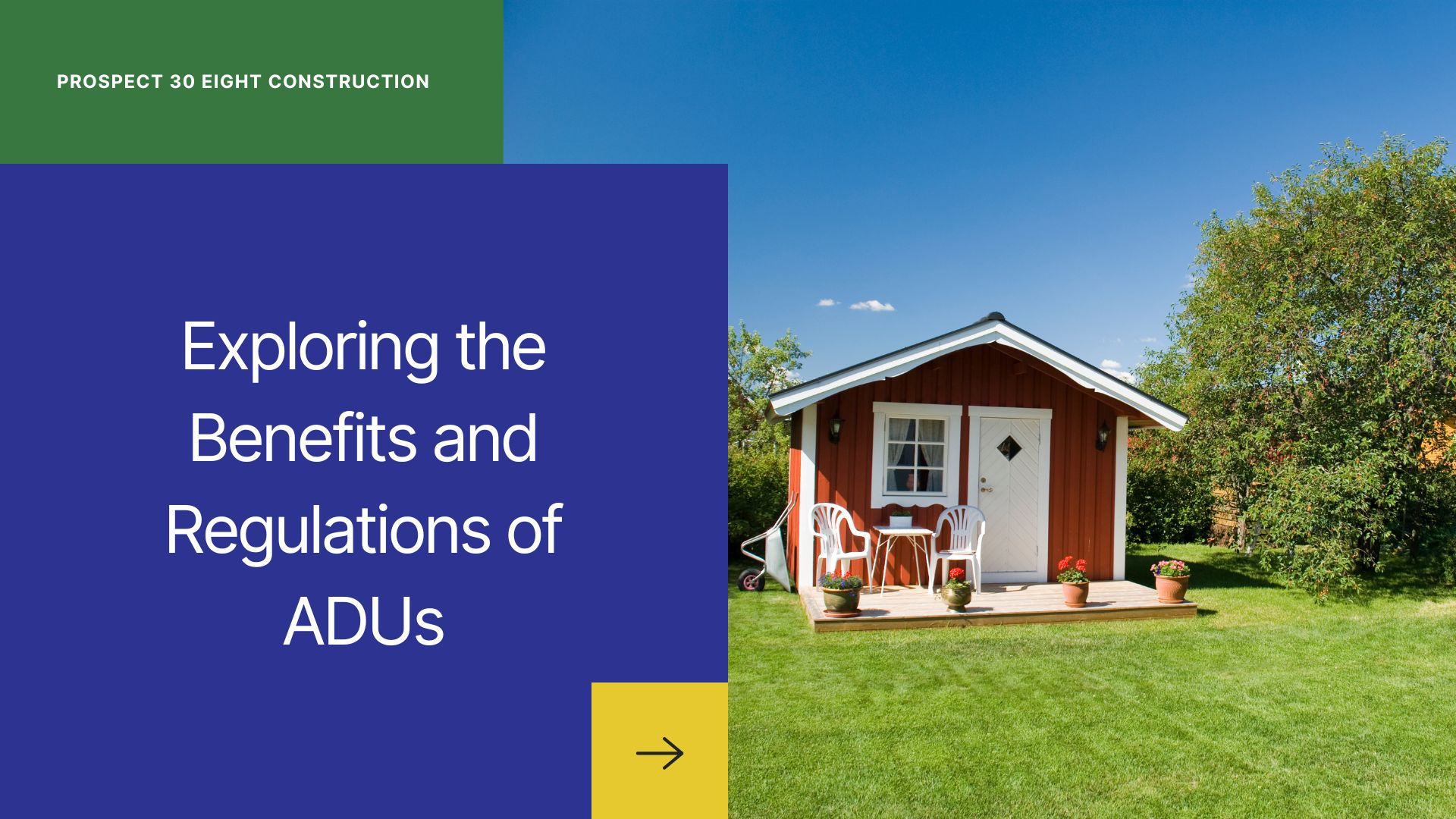
As housing costs continue to rise and urban areas become more congested, alternative housing solutions are gaining popularity. One such solution is the Accessory Dwelling Unit (ADU). If you’re unfamiliar with the concept of ADUs, this blog post aims to provide a comprehensive overview of what they are and how they can benefit homeowners.
Definition of an ADU
- An ADU, also known as a granny flat, in-law suite, or secondary suite, is a self-contained living space located on the same property as a primary residence.
- ADUs can take various forms, such as basement apartments, garage conversions, or standalone structures.
- They are designed to provide additional living space while maintaining the privacy and independence of the occupants.
Benefits of ADUs
1. Increased housing options
- ADUs allow homeowners to create additional housing units on their property without the need for large-scale development.
- This helps to increase the overall housing supply, providing more affordable options for individuals and families.
2. Rental income
- Homeowners can rent out their ADUs, providing a source of extra income.
- This can help offset mortgage payments or supplement household finances.
3. Multi-generational living
- ADUs provide an opportunity for families to live together while maintaining separate living spaces.
- This is particularly beneficial for aging parents who may require additional care and support.
4. Flexibility
- ADUs can serve a variety of purposes, from providing housing for family members or guests to serving as a home office or studio.
- This flexibility allows homeowners to adapt the space to their changing needs over time.
ADU Regulations and Requirements
- Each city and municipality may have specific regulations regarding the construction and use of ADUs. It’s essential to familiarize yourself with these regulations before planning an ADU project.
- Factors that can affect the feasibility and design of an ADU include lot size, zoning restrictions, parking requirements, and building codes.
- Some cities offer incentives or streamlined permit processes to encourage ADU development. It’s worth exploring these options to make the process smoother.
Fannie Mae Selling Requirements for ADUs
Fannie Mae, one of the largest mortgage financing companies in the United States, has specific selling requirements for properties with ADUs.
Fannie Mae distinguishes between attached ADUs and detached ADUs in their selling requirements.
Attached ADUs:
- The ADU must have the same exterior materials and appearance as the primary dwelling.
- The primary dwelling and the ADU must share utilities, including water, sewer, and electric meters.
- The ADU must have direct access to the primary dwelling either through a shared interior access or a separate entrance from the outside.
Detached ADUs:
- The ADU must be appraised as a separate dwelling with its own individual exterior entrance and separate utilities.
- The ADU must meet local building code requirements for habitability and have adequate egress.
- The ADU must have an independent, self-contained living area, including a kitchen, bathroom, and sleeping area.
It’s important to note that these requirements may vary and are subject to change. Homeowners considering ADUs should consult with their lenders and real estate professionals to ensure compliance with all applicable regulations and selling requirements.
Examples of ADU Designs
- Garage conversion: Converting an existing garage into a living space is a popular way to create an ADU. This can be a cost-effective option that maximizes existing space.
- Basement apartment: Utilizing the basement space of a home allows for a separate living area with its own entrance.
- Detached ADU: Building a standalone structure on the property provides the most privacy and independence for both the primary homeowner and the ADU occupants.
- Tiny house: Constructing a small, self-contained dwelling on a property is another option to consider, especially for those with limited space.
ADUs offer a range of benefits for homeowners, including increased housing options, rental income potential, and flexibility in living arrangements. As housing needs evolve, ADUs provide a practical and sustainable solution to address the changing demands of homeowners. It’s important to be aware of local regulations and any selling requirements imposed by mortgage financing companies like Fannie Mae. By embracing ADUs and ensuring compliance, homeowners can enhance their living spaces, accommodate their changing needs, and contribute to more inclusive and diverse communities.
Since 2006, Prospect 30 Eight Construction has been building top-quality custom homes, home additions, and Accessory Dwelling Units (ADUs) throughout the Denver Metro Area and the Front Range. If you have any questions, please contact us for a free consultation.
